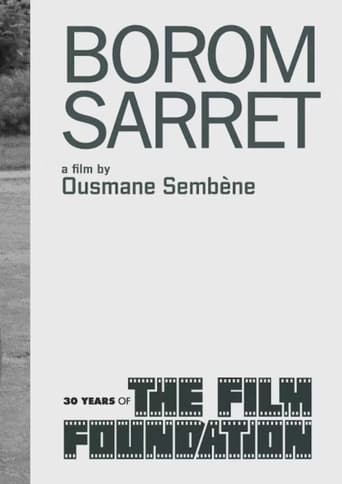Best Senegalese drama movies
A curated collection of popular drama movies from Senegal.
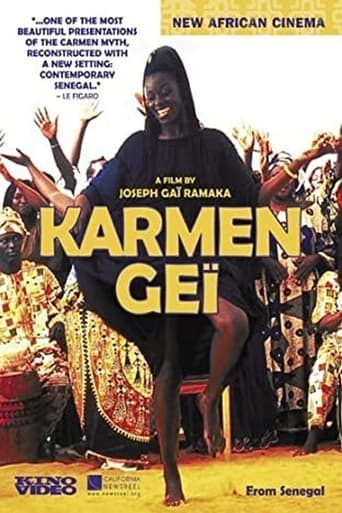
Karmen Gei (2001)
Karmen Gei (2001)
Bizet's Carmen gets a modern adaptation. Seducting, provocating, sensual. All the ingredients for a perfect drama. With her charm, Karmen gets out of many situations.
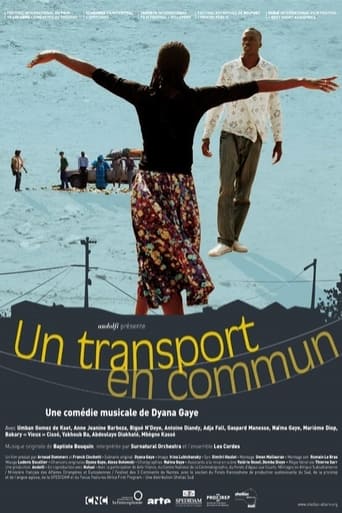
Saint Louis Blues (2009)
Saint Louis Blues (2009)
This sweet musical takes us on a cross-country trip through Senegal, from Dakar to Saint Louis in a battered taxi, as passengers sing their stories.

Tang Jër (2020)
Tang Jër (2020)
An unusual Tangana tenant observes in his mysterious restaurant, the incessant ballet of the beings that populate the city of Dakar.
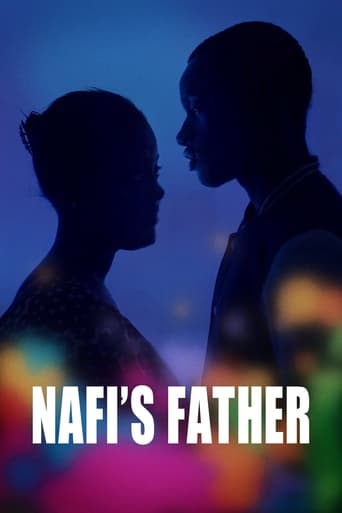
Nafi's Father (2019)
Nafi's Father (2019)
Tokara wants to marry his cousin, the beautiful Nafi, bringing their fathers into conflict with one another. The youngest brother is a clergyman, while the other is a candidate for Mayor of the small town in Senegal. The struggle seems to be all about the children, but gradually it transpires that the children are pawns in a bitter dispute. Can their family ties help them overcome these ideological differences?
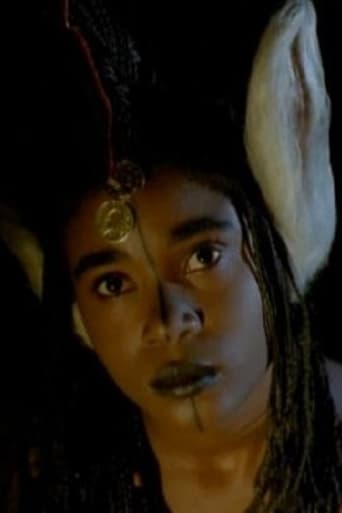
Fary the Donkey (1990)
Fary the Donkey (1990)
When Serigne Ibra finally decides to get married, he declares that his future bride must not only be a ravishing beauty, but also must not have any kind of scar or blemish on her body.
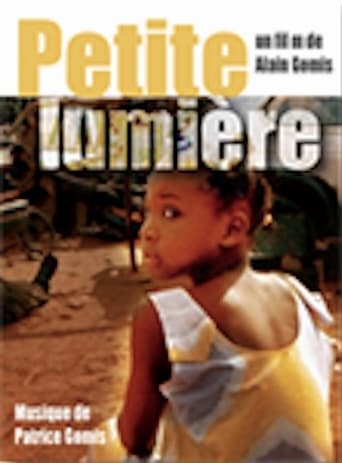
Little Light (2003)
Little Light (2003)
Fatima is a little girl of eight years. By opening and closing the refrigerator, she wonders if the light stays on when the door closes...
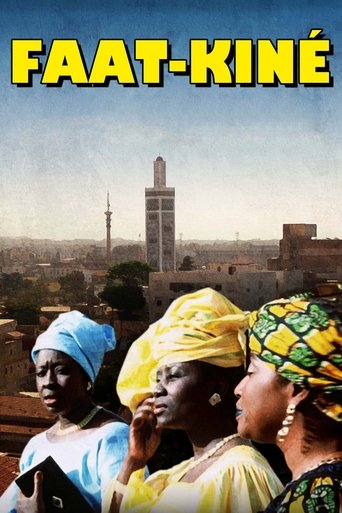
Faat Kiné (2001)
Faat Kiné (2001)
A forty-year-old woman refuses to give into the stigma of unwed motherhood and climbs the ladder of success in a male dominated field.
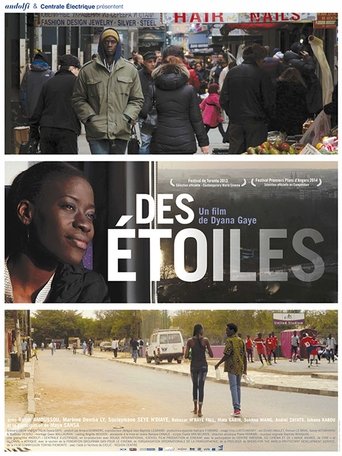
Under the Starry Sky (2014)
Under the Starry Sky (2014)
The debut feature from Franco-Senegalese filmmaker Dyana Gaye charts the interconnected destinies of three far-flung sojourners across three continents. A quiet drama, about the anxieties of negotiating journeying to foreign countries and making a place for oneself in the world.
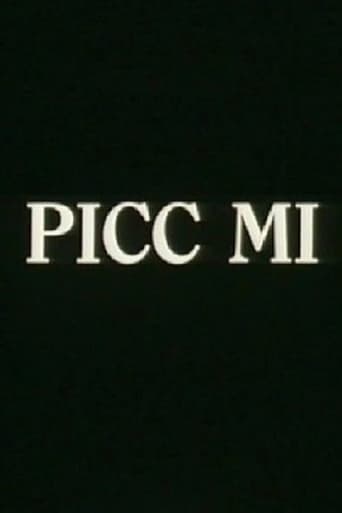
Picc Mi (1992)
Picc Mi (1992)
Follows the story of two young boys and their adventure through the streets of Africa.
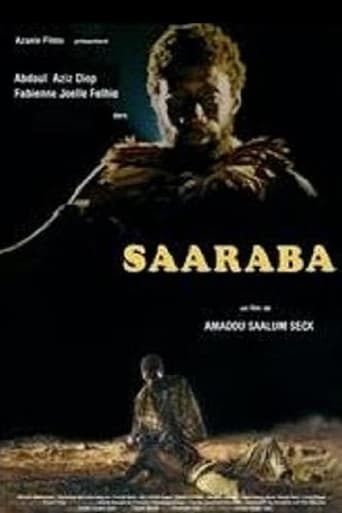
Saaraba (1988)
Saaraba (1988)
Tamsir returns to Senegal after 17 years in Europe. His uncle gives him a patronage job in Dakar, virtually without duties. He visits his family's village to see his parents, and there he meets the beautiful Lissa. Tamsir espouses traditional ways, as does Lissa, but when her parents agree to marry her off to a corrupt and well-spoken member of parliament, Tamsir and Lissa dishonor the family and she becomes pregnant. The MP's response, his and Tasmir's uncle's plan to capture the village farmland, the reactions of Lissa's parents, who are strict followers of Islam, the disaffection of Dakar youth, and the dreams of a village mechanic to find "Saaraba" (Utopia) complete the story.
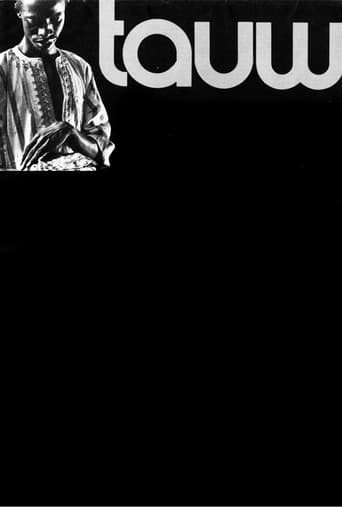
Tauw (1970)
Tauw (1970)
A young unemployed man fends off accusations of laziness and makes a home for his pregnant girlfriend who has been rejected by her family.
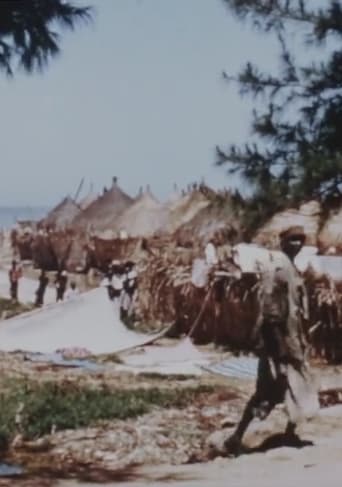
Môl (1966)
Môl (1966)
A young fisherman dreams of motorizing his boat to make his work easier. His dream becomes reality, thanks to his courage and his determination but causes conflict between traditional values and the modern notion of progress.
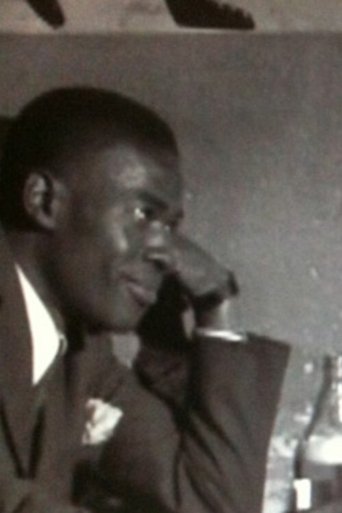
Et la neige n'était plus (1965)
Et la neige n'était plus (1965)
After winning a scholarship to study in France, a young Senegalese man returns home and questions his experience and his future, with honesty, courage and humor.

A Tooth for a Tooth (2023)
A Tooth for a Tooth (2023)
Idrissa lives in the suburbs of Dakar, Senegal. As a result of budgetary restrictions imposed by the IMF, then headed by Dominique Strauss-Kahn, he lost his job as a civil servant. Since then, Idrissa has been looking for work, without success. His pride as an African man is all the more affected by the fact that he is now entirely dependent on his wife, Viviane, who somehow manages to support the family through her medical practice. Aminata (Idrissa and Viviane’s daughter) and Moussa, two young students in love with each other, also see their lives disrupted by the economic situation imposed on the country. After yet another humiliation, Idrissa, who holds Strauss-Kahn responsible for his misfortune, decides to go and see a marabout to prepare his revenge…
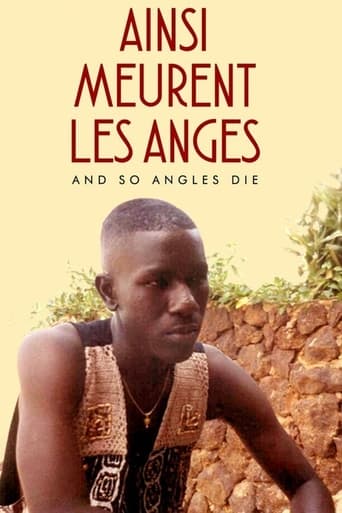
And So Angels Die (2001)
And So Angels Die (2001)
A Senegalese man living in Paris with his French wife and children receives a letter from his father back home saying he has arranged for him to take a second wife. The man's indecision outrages his French wife and leads to the end of his marriage, his return to Senegal and his reflection about how his life has ended up.
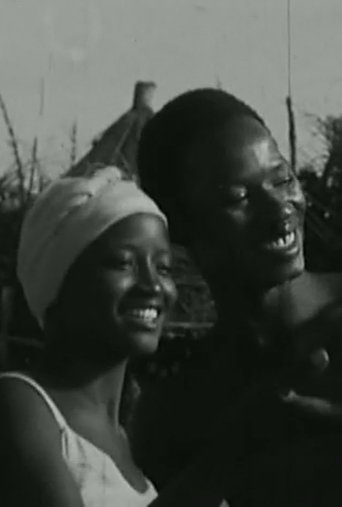
Sindiely (1965)
Sindiely (1965)
Sindiely tells the story of a greedy father wishing to marry his daughter to a successful fabric merchant, despite her love for another young man. The hostility of the family makes the father yield to his daughter’s wishes, allowing for the young couple to wed.
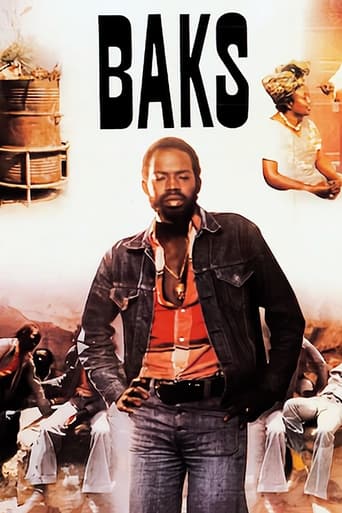
Baks (1974)
Baks (1974)
Idrissa is a rebellious little boy who drops out of school and joins a gang of hooligans that live on the beaches of Dakar. He gradually becomes detached from his family and adopted by his new friends who initiate him into the art of theft and the pleasures of yamba, marijuana.
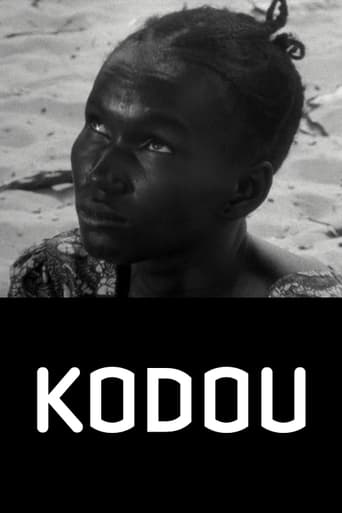
Kodou (1971)
Kodou (1971)
A young girl bolts away during a traditional but painful lip - tatooing ceremony, incurring the mockery of the villagers and the anger of her parents .
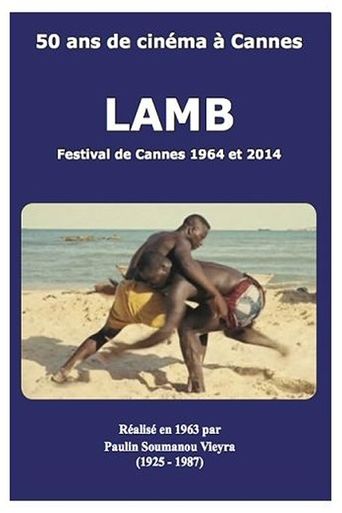
Lamb (1964)
Lamb (1964)
The traditional struggle, known as Lamb in Wolof, which recalls the Greco-Roman struggle, is a popular national sport in Senegal. It has special rules and very strict. Every spectator can bet on his favorite wrestler in a festive atmosphere. The Dakar Arena serves as a showcase for the battles in the film.
Diankha-Bi (1969)
Diankha-Bi (1969)
This film poses the problem of the emancipation of women in Senegal through the intersecting story of three young girls from the same family. Raised differently, they will not meet the same fate.
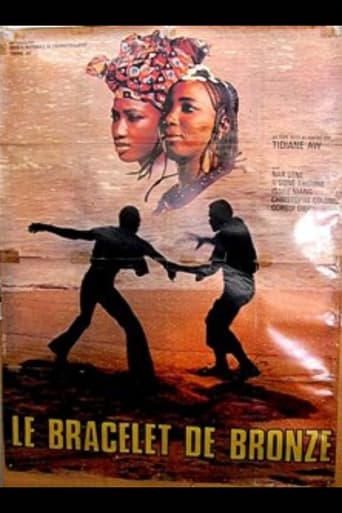
The Bronze Bracelet (1974)
The Bronze Bracelet (1974)
The theme of the rural exodus has inspired many African authors. In the past, by tradition, the young peasant went abroad temporarily to earn the money needed to settle in the village. Now, he leaves the countryside with no idea of returning, convinced that he will find all the means to make his fortune in these mirage cities. Issa, in turn, takes the road to the capital. Before leaving, Aminata slips a bronze bracelet on her arm as a token of loyalty and love. Then begins for Issa the inexorable chain of disillusions, bad luck, misunderstandings

